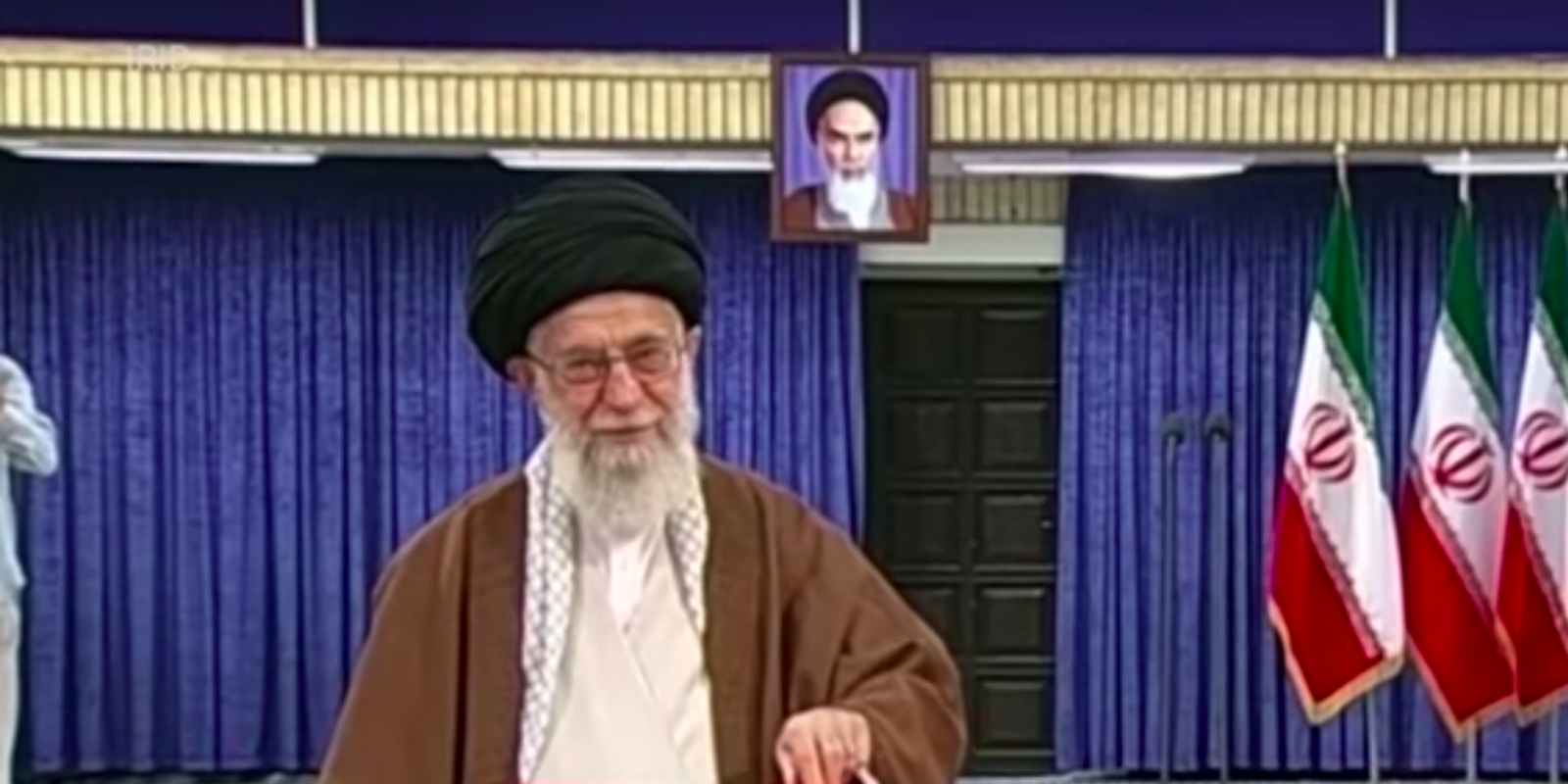A tweet linked to Iran‘s Supreme Leader Ayatollah Seyed Ali Khamenei has been blacked from view after it violated Twitter’s terms of services Friday.
The tweet, which came from the account @khamenei_ir, brought up the fatwa against author Salman Rushdie for his book The Satanic Verses.
“Imam Khomeini’s verdict regarding Salman Rushdie is based on divine verses and just like divine verses, it is solid and irrevocable,” the account tweeted on Feb. 14.

It was the 30th anniversary of the date that the previous Supreme Leader, Ayatollah Ruhollah Khomenei, originally issued the fatwa urging Muslims to kill Rushdie for writing The Satanic Verses, which draws on the life of the prophet Muhammad. Rushdie went into hiding following the proclamation.
Twitter has hidden the tweet from view and placed the account in read-only mode, preventing the account from posting until it removes the offending content.
Twitter told the Daily Dot that the tweet violates Twitter’s terms of service in that it makes “specific threats of violence or wish[es] for the serious physical harm, death, or disease of an individual or group of people.”
When the Daily Dot asked whether the offending tweet had been deleted and posting ability restored to the account, a Twitter spokesperson directed the Daily Dot to this part of the company’s guidelines and policies:
“When we determine that a Tweet violated the Twitter Rules, we require the violator to remove it before they can Tweet again. We send an email notification to the violator identifying the Tweet(s) in violation and which policies have been violated. They will then need to go through the process of removing the violating Tweet or appealing our review if they believe we made an error.”
The account’s latest tweet is from Feb. 14.
As BuzzFeed points out, Twitter’s actions against the account, which is not verified, comes up against a blog post from last year in which the company argued against censoring the content of world leaders.
“Blocking a world leader from Twitter or removing their controversial Tweets would hide important information people should be able to see and debate. It would also not silence that leader, but it would certainly hamper necessary discussion around their words and actions,” the blog post says.
When asked last week about President Donald Trump’s harmful tweeting habit, Twitter CEO Jack Dorsey said,
“We hold all accounts to the same terms of service. The most controversial aspect of our TOS is the newsworthy/public interest clause, the ‘protection’ you mention. That doesn’t extend to all public figures by default, but does speak to global leaders and seeing how they think.”
We hold all accounts to the same terms of service. The most controversial aspect of our TOS is the newsworthy/public interest clause, the “protection” you mention. That doesn’t extend to all public figures by default, but does speak to global leaders and seeing how they think.
— jack (@jack) February 12, 2019
It’s unclear if posting power has been restored to the Ayatollah-linked account.
H/T BuzzFeed


